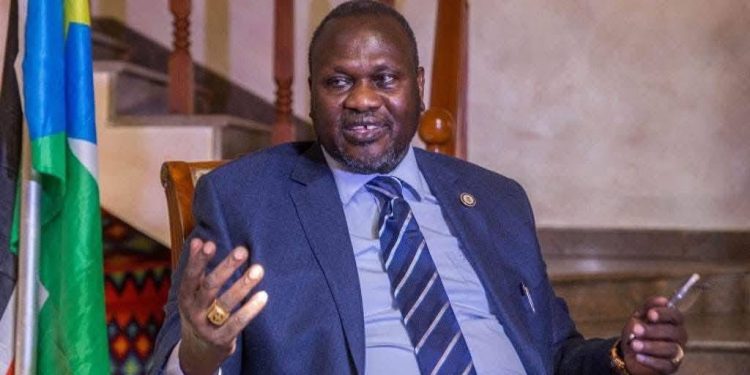South Sudan’s fragile peace is once again on edge after Vice President Riek Machar was placed under house arrest, accused of treason and murder in connection with a brutal militia assault in Nasir earlier this year.
Justice Minister Joseph Geng Akech announced that the March attack, carried out by the feared White Ant militia, left more than 250 government troops and a general dead.
The militia—allegedly linked to Machar and dominated by fighters from his Nuer community—also destroyed a strategic army base and shot down a United Nations helicopter, killing its pilot.
Security has since tightened around Machar’s Juba residence, with roads sealed off by heavily armed soldiers, signaling the seriousness of the charges.
The development has sparked widespread concern over a possible return to the ethnic and political bloodshed that has long haunted the young nation.
Both the African Union and the United Nations have appealed for restraint, urging South Sudanese leaders to safeguard the fragile peace accord signed in 2018, which ended five years of civil war between forces loyal to President Salva Kiir and Machar. That conflict killed nearly 400,000 people and left the country in ruins.
Machar, who has not yet issued a statement on the accusations, remains a deeply polarizing figure. Analysts warn that any move to prosecute him could ignite unrest among his supporters and reignite the divisions that once split the country along ethnic lines.
South Sudan, which won independence in 2011, has struggled to escape cycles of rebellion, factional warfare, and fragile ceasefires. The charges against Machar now threaten to drag it back into turmoil, raising urgent questions about whether peace can hold.















